Blog
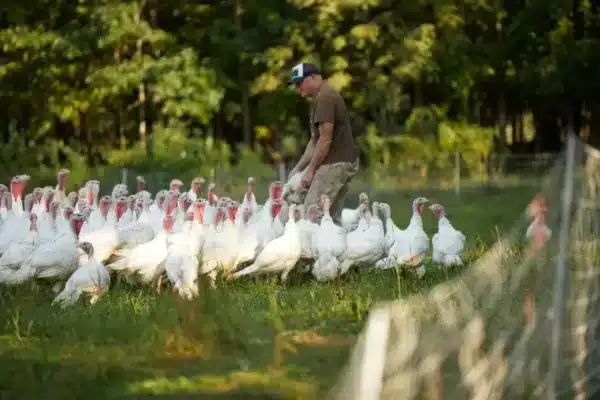
A Pasture-Raised Thanksgiving
There is nothing like a pasture-raised turkey. They have richer dark meat and smaller breasts than their industrial brethren, and thus benefit from a slightly different cooking method.

Walden Local Butcher Shop
We are just 8 days away from opening our new retail butcher shop, located in Boston’s South End on Shawmut Ave. It will be a truly old-school butcher shop that brings in whole sides of 100% grass-fed beef, pasture raised pork, lamb and chicken and breaks them down from scratch.
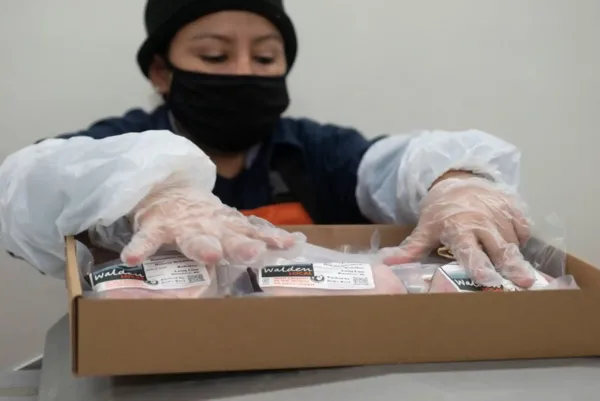
How Do We Make It Work?
We are often asked how we manage to facilitate relationships with so many farmers, while ensuring that we have the right amount of product at the right time without compromising on any of our standards.
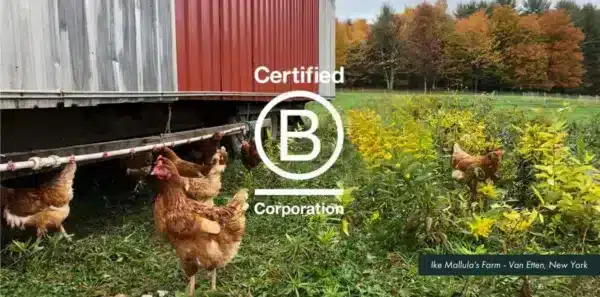
We Are a Certified B Corporation!
This is a tremendous step forward for our company, as certification involves passing a series of rigorous tests to demonstrate companies meet higher standards of social and environmental impact, transparency, and accountability—much like Fair Trade or LEED certification.
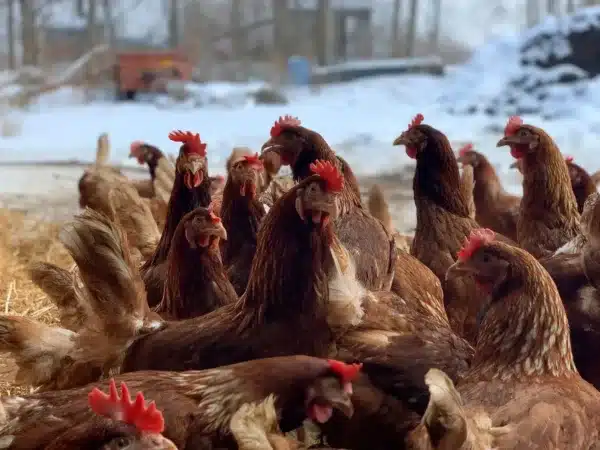
Chickens Are Back!!
The pasture-raised chicken operation at Dan Boffo and Kristen Kilfoyle’s farm in Newport, New Hampshire. It’s that time of the year again…chicken season!
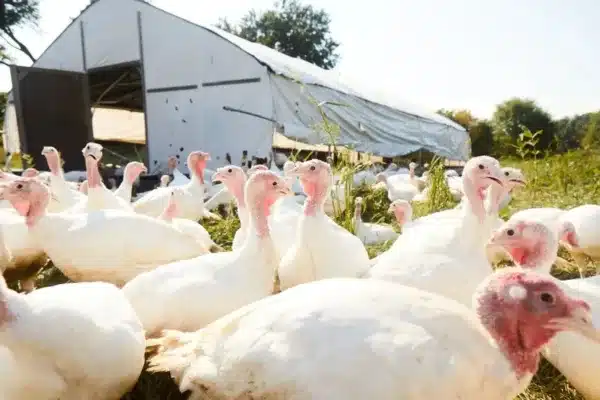
The Joy of Cooking a Pasture-Raised Bird
The difference between a Thanksgiving turkey raised outdoors on pasture and one raised inside in confinement is significant.
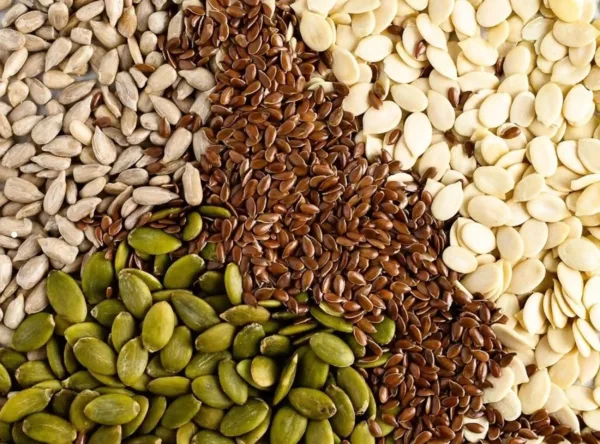
Umami: Achieving Taste-Bud Zen Every Day
In daily life there are certain ingredient pairings that we naturally crave: burgers and cheese, potatoes and carrots, bacon and everything… These aren’t happy accidents, rather a desire to find Umami—“taste-bud zen”.
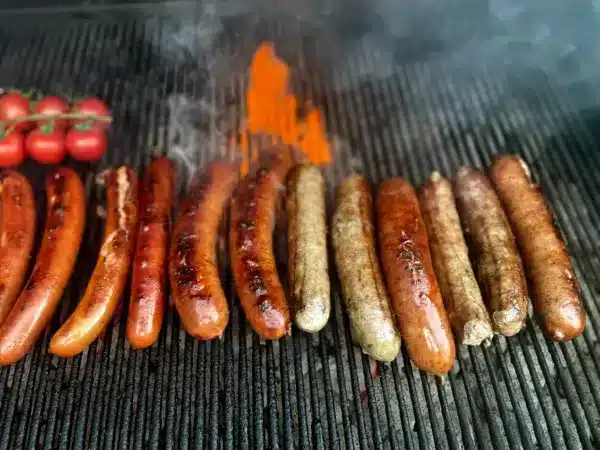
Cholesterol Schmolestrol!
Should we be concerned about the cholesterol content in meat? Common knowledge dictates that eating foods high in cholesterol increases your susceptibility for heart attack or stroke, but does the evidence support this view?
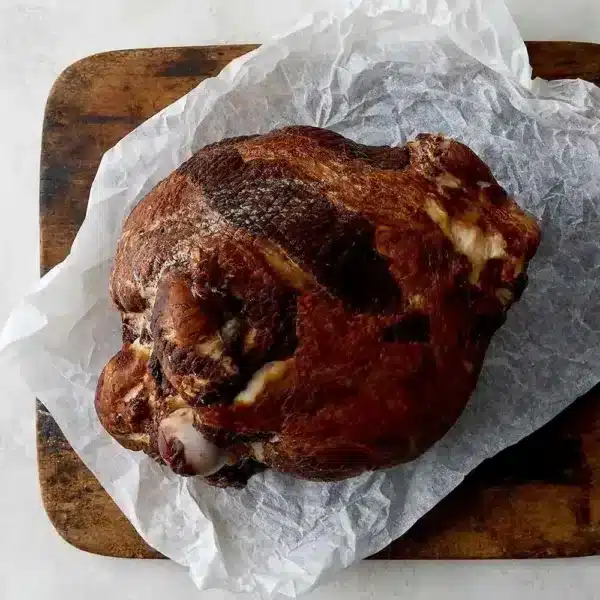
Dry Aging: What It Is and Why We Think It’s Important
Dry-aging beef is essentially allowing whole or primal cuts of beef to hang in a humidity controlled environment with a constant flow of air in temperatures between 34 -36 degrees for 10 to as many as 45 days.